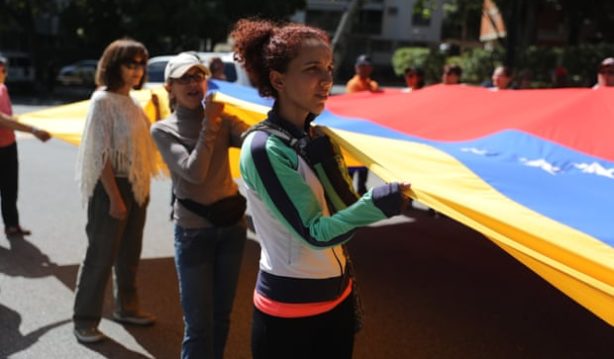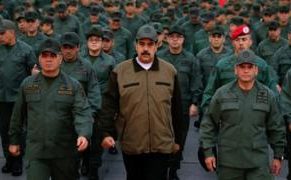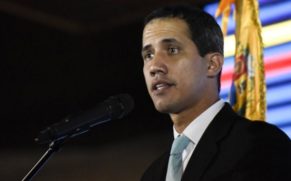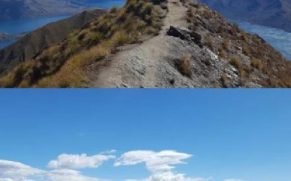In a stark departure from its allies, the New Zealand government is refusing to take sides in the escalating Venezuelan leadership crisis, declining to give official recognition to either leader.
Last week opposition leader Juan Guaidó declared himself Venezuela’s interim president, and quickly won the support of the US, the UK, Canada and some Latin American countries, who issued strong public statements recognising his authority. On Monday New Zealand’s closest neighbour, Australia, recognised Guaidó as Venezuela’s president. The US secretary of state, Mike Pompeo, has also urged countries to “pick a side” in the crisis.
Oil-rich Venezuela is wracked with hyperinflation, rendering the bolivar currency practically worthless. Shortages in food staples and basic medicines are rampant and crime is widespread. More than 3 million Venezuelans have fled, causing consternation across the continent.
However, New Zealand’s foreign minister, Winston Peters, has refused to add New Zealand’s name to the list backing Guaidó. “It is not New Zealand’s practice to make statements of recognition of governments,” Peters said.
“Venezuela needs to decide its future through free and fair elections. This government expressed concerns about Venezuela’s elections in 2018, and these concerns remain.”
Prime minister Jacinda Ardern later justified her stance, saying that on her recent trip to Europe “absolutely no one expressed concern” that New Zealand’s decision differed from that of its allies.
“What we do do as a country, and rightly so, is call out human rights abuses … it is absolutely clear that people are suffering under the current regime and that they deserve access to their democratic rights and freedoms.”
Maduro retains the support of Russia, China, Cuba, Bolivia and Turkey and still has the backing of the military, although his defence attache to the Venezuelan embassy in Washington defected to Guaidó on Saturday.
In May last year Peters said he was “extremely concerned” about “the continuing erosion of democratic norms and institutions,” in the country following the presidential elections, including widespread reports of election irregularities and Nicolás Maduro’s banning of the main opposition leaders from participating in the poll.
At the time, Peters, who is also deputy prime minister, said New Zealand supported “any regional and international efforts to facilitate a national dialogue in Venezuela that would allow truly free and fair elections to be held”.
“It is essential that the Venezuelan government respects democratic norms and institutions and protects the human rights of its citizens. This includes releasing all political prisoners.”










